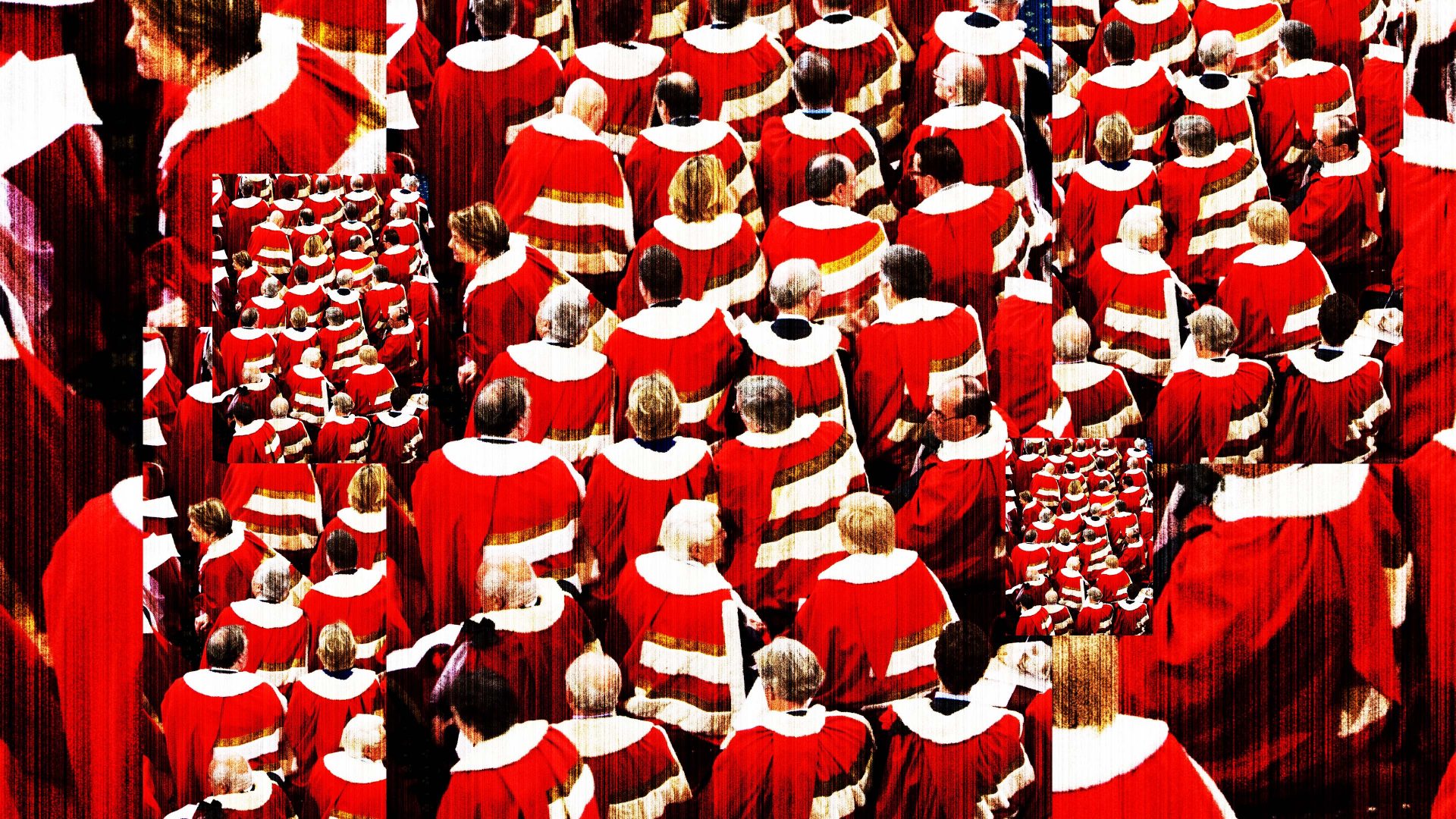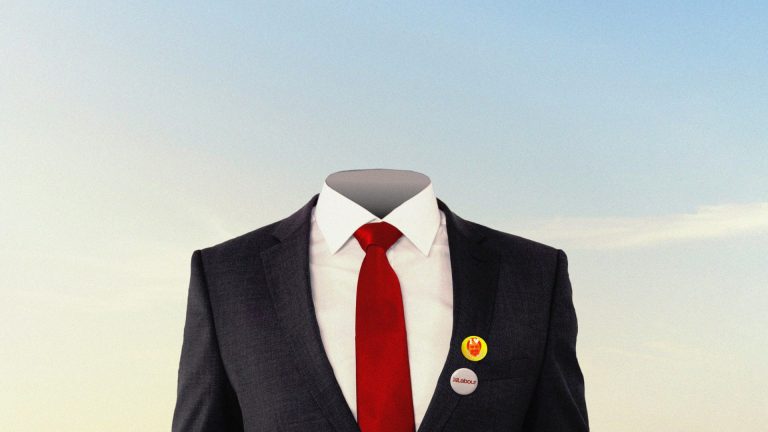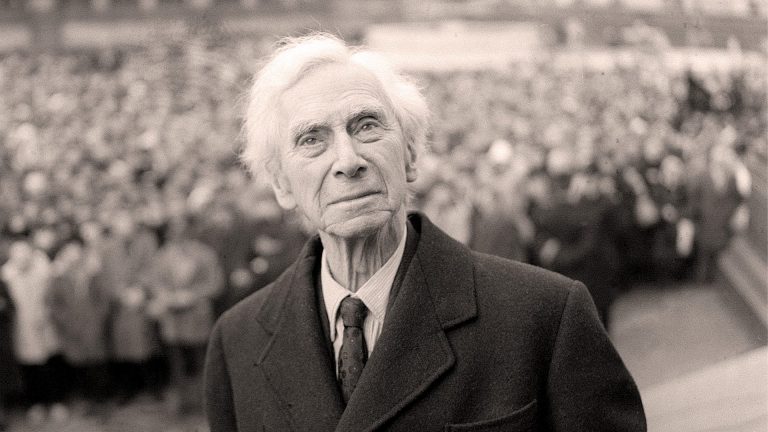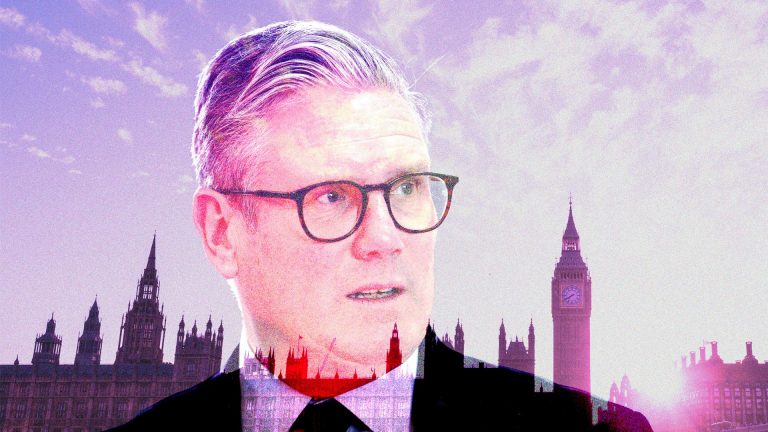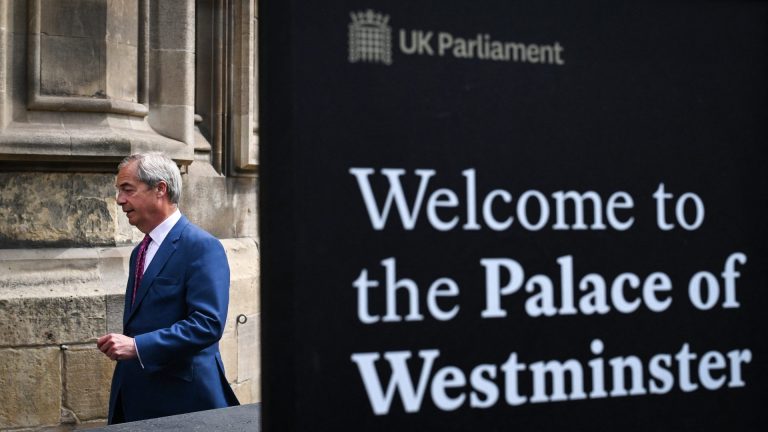Matt Ridley wasn’t angry, he was just disappointed. For the first time since 2010, he told the Spectator in June, he was going to vote in a general election – and yet those who really run Britain weren’t even on the ballot paper.
“Real political power has been stripped from elected councillors, MPs and even ministers” and “handed to ‘experts’ in quangos, nationalised industries, arms-length bodies and courts,” Ridley lamented. These unelected and unaccountable experts, he fears, are fuelling a “growing democratic deficit” that amounts to “a slow-motion coup”.
Despite his objections to the power of unelected experts, Ridley himself had long been a member of another body composed of democratically unelected and politically powerful individuals – the House of Lords.
The Lords, along with the Commons, make up the Houses of Parliament. The Lords is not some ceremonial entity – its 774 sitting unelected members have the power to scrutinise, revise, amend and even veto legislation.
Most of its members are life peers – ennobled for their service to public life. If the guidance is followed, life peers get their place in the legislature because of their expertise or experience – their merit is, at least, a consideration.
Eighty-nine of the sitting members of the Lords, however, owe their membership to no such merit – but to the sole fact that they were born into a family with an aristocratic title. These Lords, who inherit their title from their parents, fall into the category of hereditary peers.
Now they are on borrowed time, with the new Labour government having declared their presence “outdated and indefensible”. The first steps to remove them will begin soon.
The system of hereditary peerage is, by any measure, an anachronism. It’s a remnant from a period when the aristocracy dominated British politics and has its roots in the feudal system. Some of the sitting hereditary peers, who are all white and male, trace their legitimacy back to the political standing of their families after the Norman conquest.
Tony Blair tried, and failed, to abolish the system in 1999. He did, however, manage to reduce the number of hereditary peers allowed to sit in the Lords from 759 to 92. Now Keir Starmer will finish the job and remove the right of these hereditary peers to sit in parliament’s upper chamber.
Once numbering among the few beneficiaries of this most institutional form of nepotism was Matt Ridley, otherwise known as the 5th Viscount Ridley – our apparent champion of democracy (he retired from the chamber in December 2021). Hereditary peers, despite being unelected by the public, are able to attain real positions of power in the legislature. Rishi Sunak even appointed three of them to ministerial positions – including making Viscount Camrose the minister for AI and intellectual property.
The career of Ridley illustrates some of the intractable issues baked into the hereditary peerage system. After attending Eton and Oxford, he worked as a journalist, spending a long period at the Economist.
In 1996, at the age of 36, Ridley was appointed non-executive director of Northern Rock. In 2004, he became the bank’s chairman, a role his father (the 4th Viscount Ridley) held between 1987 and 1992. During Matt’s tenure, Northern Rock became the first British bank to experience a bank-run in over a century.
Appearing before the Commons Treasury select committee, one MP labelled Ridley “the chairman of a bank that ran out of money”, claiming that he had “damaged the good name of British banking”. During his less than four years as chairman, Ridley received fees of £868,000.
Six years later, the hereditary peer Earl Ferrers died, prompting the sitting Conservative hereditary Lords to elect a replacement. Ridley was elected from the small pool of hereditary peers, beating former MP Viscount Hailsham (otherwise known as Douglas Hogg).
Like Ridley, Hailsham decided to stand for a seat in the Lords despite having been the subject of negative press – during the MPs’ expenses scandal, Hogg was accused of claiming £2,000 to clean the moat around his country estate.
Viscount Ridley used his newfound position of power to speak about the dangers of moving away from fossil fuels. In 2019, he declared that “renewables and behaviour change will not work… one is physically impossible… and the other is politically impossible”.
Ridley pursued this cause outside parliament. In a 2021 article for the Daily Mail, he warned that Britain faced a “candle-lit future” because of the government’s pursuit of “decarbonisation”. The government, he lamented, had “rushed to close its remaining coal power stations” despite this being “the cheapest option”.
The family estate, inherited by Ridley, includes a large open cast coal mine, from which he received an income during his time in the Lords. In a previous statement, Ridley declared that the amount earned “is very small indeed in relation to the value of the coal mined” and that the arrangement is “commercially confidential”. However, detailed investigations by the pressure group DeSmog concluded that, in some years, the income may have been as high as £4.1m.
When asked whether he thought simultaneously benefiting from the coal industry while advocating for fossil fuels in the Lords was indicative of the type of conflict of interest that tends to arise in the hereditary peerage system, Ridley responded:
“These charges are false. I repeatedly spoke in favour of natural gas, not coal, in the House of Lords even though I had no interest in gas and gas was the main competitor to coal at the time. Every time I spoke on energy I was scrupulously careful to declare my interest in coal and any other relevant interests, which were also declared in the register of interests. It is false and defamatory to imply that I used my seat in the House of Lords to advance my own interests.”
Unlike MPs, who have to declare the approximate size of any external source of income, the rules for disclosing financial interests are far more lax for the Lords. Ridley, for example, declared that his external interests included “Blagdon and Blyth estate in Northumberland, with income from areas including farming, forestry, commercial property, residential property and minerals”.
Despite his position in the legislature, House of Lords rules meant that he didn’t have to get into specific detail in his register of interests – although peers do have to declare an interest when speaking in debates.
Ridley, of course, is not the only hereditary peer who has had to declare an outside interest. In the last decade, the Earl of Liverpool has spoken only eight times in the chamber – two of which related to legislation relating to easing planning restrictions. He is also a director of The Rutland Group, a property development company. There is no implication that Ridley or the Earl of Liverpool have acted outside of the rules – however, these examples raise concerns about why aristocrats, who the public haven’t chosen and who have often inherited vast sums of wealth, were able to be present at debates relating to industries in which they have financial interests.
While Ridley is clear that his financial interests have not influenced his actions in parliament, some of his fellow hereditary peers can’t credibly make the same claim. In 2022 the Earl of Shrewsbury was suspended from sitting in the Lords for nine months after he was found to have approached ministers and government officials on behalf of a healthcare company, SpectrumX, which had paid his company £57,000 in fees.
The approach of some of these hereditary peers to claiming expenses reveals an age-old culture of entitlement embedded in the hereditary peerage system. All sitting Lords are entitled to claim travel costs and a flat rate daily attendance allowance of either £180 or £361 per day. Lords aren’t required to provide receipts or invoices to claim this attendance allowance, and neither tax nor national insurance needs to be paid on it, either.
Our analysis shows that for February and June 2023, the Earl of Devon claimed 10 days’ attendance allowances totalling £3,360, although did not vote at all in either month, and only spoke twice. For December 2023, he claimed £1,710 of attendance allowance and a further £649 of travel expenses, but didn’t vote or speak in the chamber at all.
In 2021 the old Etonian Earl told the Financial Times that sitting in the House of Lords gave him “an opportunity to give something back and to provide some service”.
In the six months before he was suspended from the House of Lords in December 2022, the Earl of Shrewsbury managed to claim a total of £21,580 in attendance allowances plus £10,162 of travel expenses, but only spoke twice and voted five times, three of them on the same day.
Perhaps the most interesting expenses record belongs to the recently deceased Lord Palmer, who between September 2020 and May 2021 claimed £31,977 of attendance allowances and a further £6,323 of travel expenses. During this nine-month period he voted three times and spoke twice in the chamber. Outside parliament, Lord Palmer, heir to the Huntley and Palmer’s biscuit fortune, was perhaps best known for seeking volunteers to polish the silver staircase in his 109-room stately home.
There is no implication that any of the peers mentioned claimed allowances and expenses they weren’t entirely entitled to. Peers carry out parliamentary activities that are not publicly recorded and which we therefore couldn’t assess.
One hereditary peer who we contacted regarding his expenses, and who we have decided not to name, outlined a range of activities including researching speeches, arranging meetings and liaising with outside organisations. This is all valuable work, but the fact that it takes place away from public scrutiny, despite the public paying for it, is another indictment of the system.
There is a strong case to be made for the maintained existence of an upper chamber as a means to provide independent, legislative scrutiny. There is even an argument that members of the upper chamber shouldn’t be elected, as people who aren’t worried about re-election may be able to take a longer-term view in their decision making.
In a rational world, those appointed to provide effective scrutiny would have to come from across the political spectrum, and would have earned their seat because of their merit – be it their unique viewpoint, experience, or expertise. It’s hard to find any reasonable argument for the continued allocation of seats on account of family name alone – clearly, this is completely antithetical to the idea of democracy.
In practice, all the system of hereditary peerage has done is given wealthy families the opportunity to shape the legislation of sectors in which they may have a financial interest, and force the public to continue to pay tithes, in the form of expenses, to the aristocracy.
A 2021 YouGov poll showed that only 10% of British people thought hereditary peers should continue to sit in the Lords. The lack of public support, and the fact most hereditary peers are Tories, means Starmer’s recently announced plans to put an end to the system won’t surprise anyone. The only surprising thing about this reform is how long it took to come.

